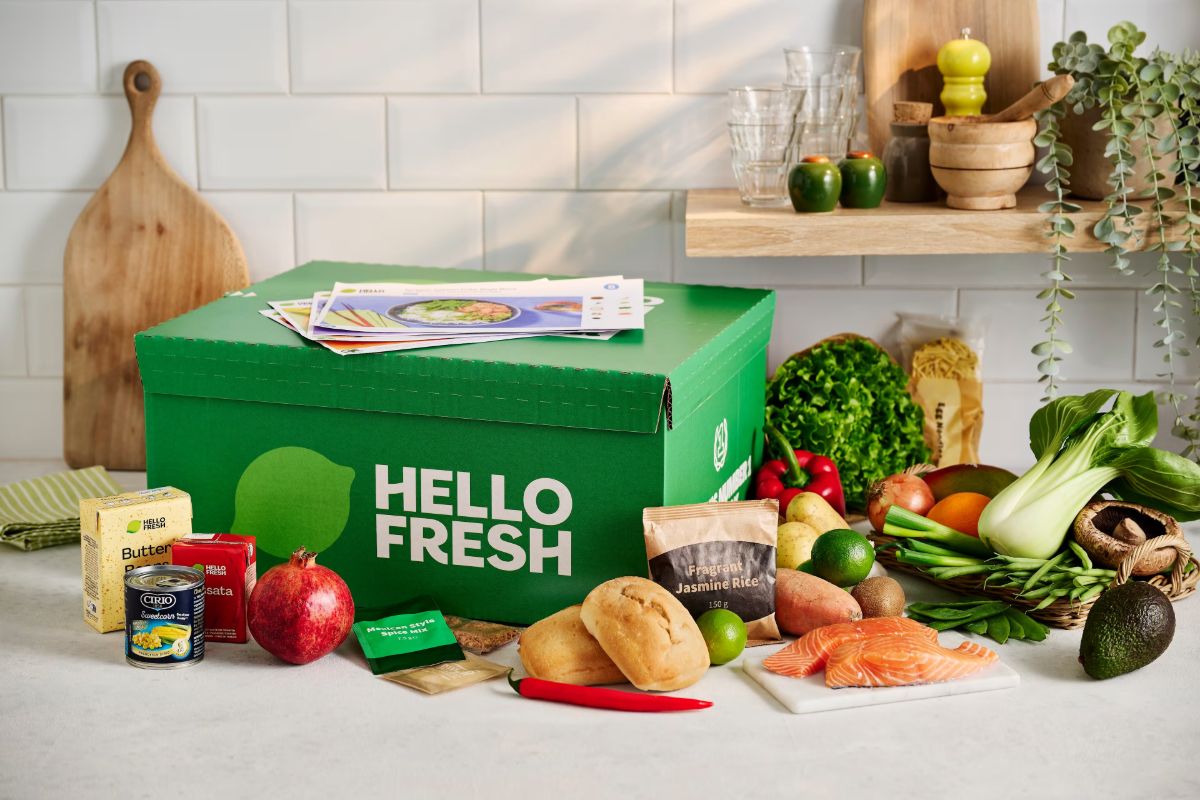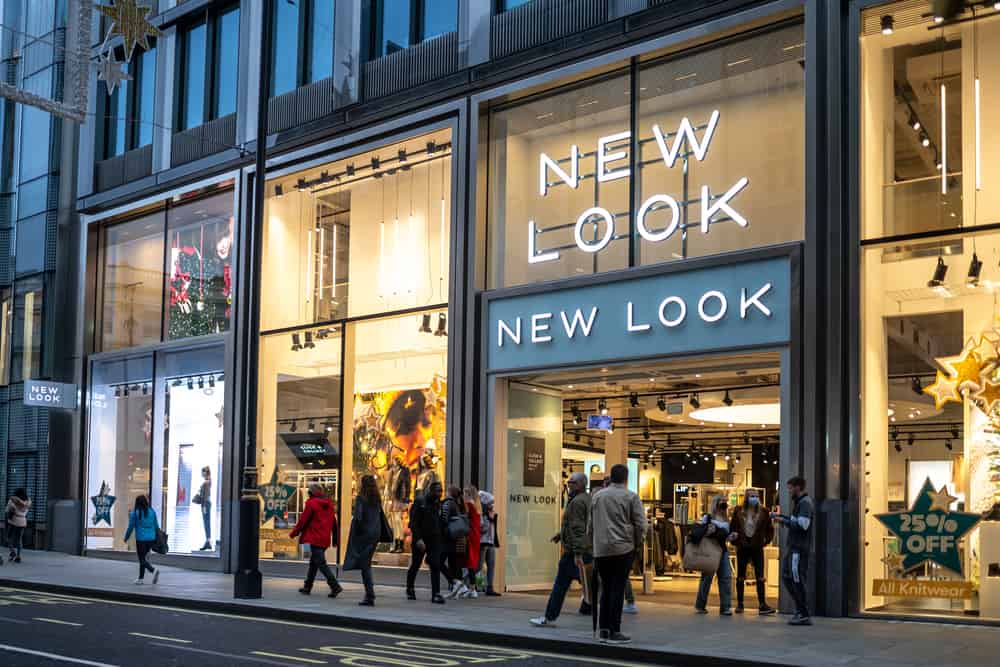Reports that Amazon is set to open its first store seem to confirm the suspicion that far from being over, shops, and indeed the high street, are, rather, a necessary part of the kind of customer service that customers now expect.
The largest pureplay of them all will, according to reports, open its first physical branch in Manhattan, in the shadow of the Empire State Building, ahead of this Christmas shopping season. If this first store is successful, more are likely to follow.
It’s a decision that seem to bring multichannel thinking full circle. Amazon has famously competed on price, undercutting rivals who had shops to support from the safety of relatively cheap out-of-town warehousing. It set expectations that online would be cheaper. It started the fear that shops would close as consumers all bought online. The last rites were read over the high street.
But the reality has been somewhat different. High street retailers have fought back by offering the kind of service to online shoppers that only shops can support: same-day deliveries, collect in store and returns to store. That’s not to mention the sheer convenience of having city centre locations with doors open and stock immediately available to all who come to buy. Shops, after all, are highly convenient for those who want an item now. If Amazon needs a shop, one wwhich will combine warehousing with face-to-face retail, then does everyone? That will probably depend on the nature of their products and whether consumers expect to be able to take delivery of them straightaway. No online retailer, it turns out, can do immediate in quite the same way that a shop can. And Amazon has tried. It’s launched same-day deliveries from stock hubs located near to cities in the US and the UK and it’s experimenting with drone delivery. But in the end, the shop was just too attractive for this pureplay to resist in its quest to give shoppers all they could possibly want from a retailer.
So what does this move mean for other pureplays? Amazon is far from alone in recognising the strategic importance of the high street to retailers of all stripes. To cite just a few examples, eBay already delivers click and collect orders to Argos stores, while N Brown Group has launched a chain of UK shops out of its online Simply Be and Jacamo home delivery businesses and oakfurnitureland.co.uk has more than 50 showrooms where its furniture can be seen and touched before shoppers buy. All recognise that nothing quite replaces the high street store.
But the move also raises plenty of questions. How can Amazon reconcile undoubtedly expensive property costs with its low costs? Does multichannel inevitably include shops? What does this mean for other pureplays? We’ll be watching with interest to see what answers the original retailer comes up with to this new set of questions.
Amazon on the high street: what the commentators say
“Although online has changed consumers expectation of what shopping should be like, research shows time and time again that we still love the convenience and customer services that come with buying items in-person. For the retailer, giving customers in store pick-up services and the option to buy additional products in a physical location drives footfall and increases the opportunity for them to see other products they’d also like to buy.
“This is further proof that smaller and specialised retailers wishing to compete and avoid disappearing off the high-street in the face of such a challenge by the retail giants need to seriously consider how their offering compares. The final piece of any online retailer’s consumer offering is to allow a physical location in which shoppers can interact with the store and pick-up goods in a way convenient for them, for example, through ‘click and collect’.
“This is a smart move by Amazon, by enabling customers to move freely between their physical and online stores and giving customers what they want in a hassle-free experience, shoppers will have less reason to look elsewhere this Christmas season.”
John Pincott, managing director, Europe at Shopatron
By launching its first physical store, Amazon is shaking up the traditional high street, creating a new type of shopping experience with a store that acts as a warehouse as well as being a showcase for items. While this makes it clear that “clicks” have not yet replaced “bricks”, as we move to a more cashless, mobile landscape, creating these types of stores will become vital to give customers more choice when it comes to how they buy their items.
Recent research by Fujitsu UK & Ireland also revealed that increasing and improving customer experience is now the number one priority for financial services organisations. Taking this in to consideration, retailers should not give up on their physical stores and use them to reposition their brand to create a new unique experience for the customer. It is yet more proof that the physical store is still the best representation of your brand.
Rupal Karia, managing director, retail and hospitality at Fujitsu UK & Ireland
“Amazon’s venture into bricks and mortar is a bold move. Rolling out such an ambitious project in Manhattan is one thing, but doing so in other cities is a completely different ball game, especially for a pure-play. Whether this move has legs, or is simply a marketing stunt to boost Christmas sales is yet to be seen.
“But retailers should be under no illusion that this move is about a store opening. It’s a strategic route into low cost same-day delivery. The products on display will be marketing tools, used as upselling opportunities for those collecting their purchases. This will be no traditional shop.
“Getting the right stock in the right place, at the right time will be Amazon’s biggest challenge. It’s reputation exists because it’s maintained good customer feedback. Negative responses from customers at this stage will be unsafe territory.
“Now, high street retailers who have caught up in recent years by offering an ominchannel experience, have the upper-hand. However, for the likes of ASOS or eBuyer, re-thinking the one channel model is now essential.”
Philip Smith, UK country manager, Trusted Shops








